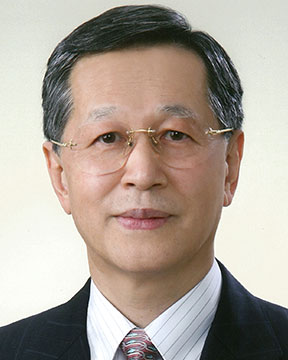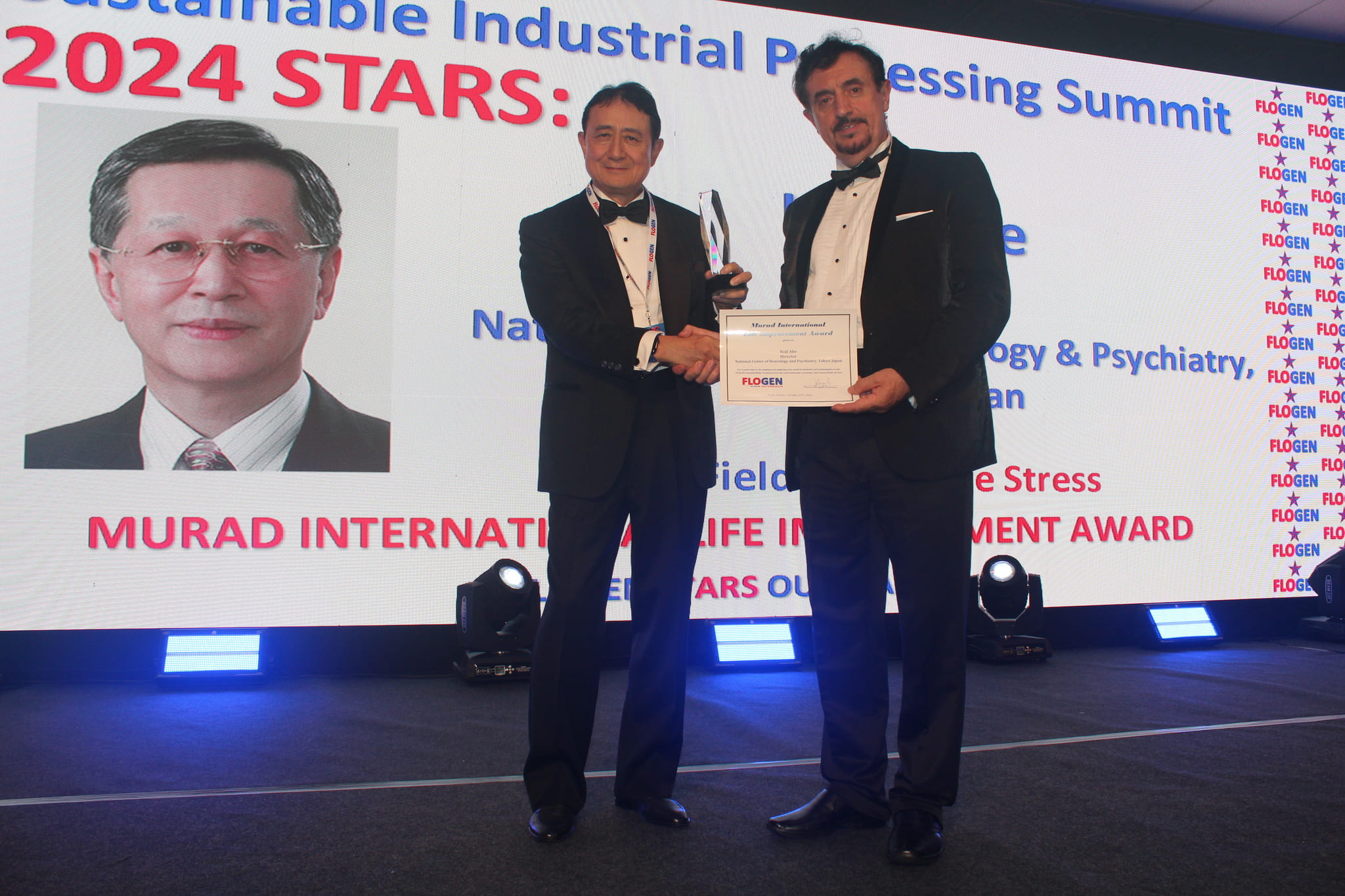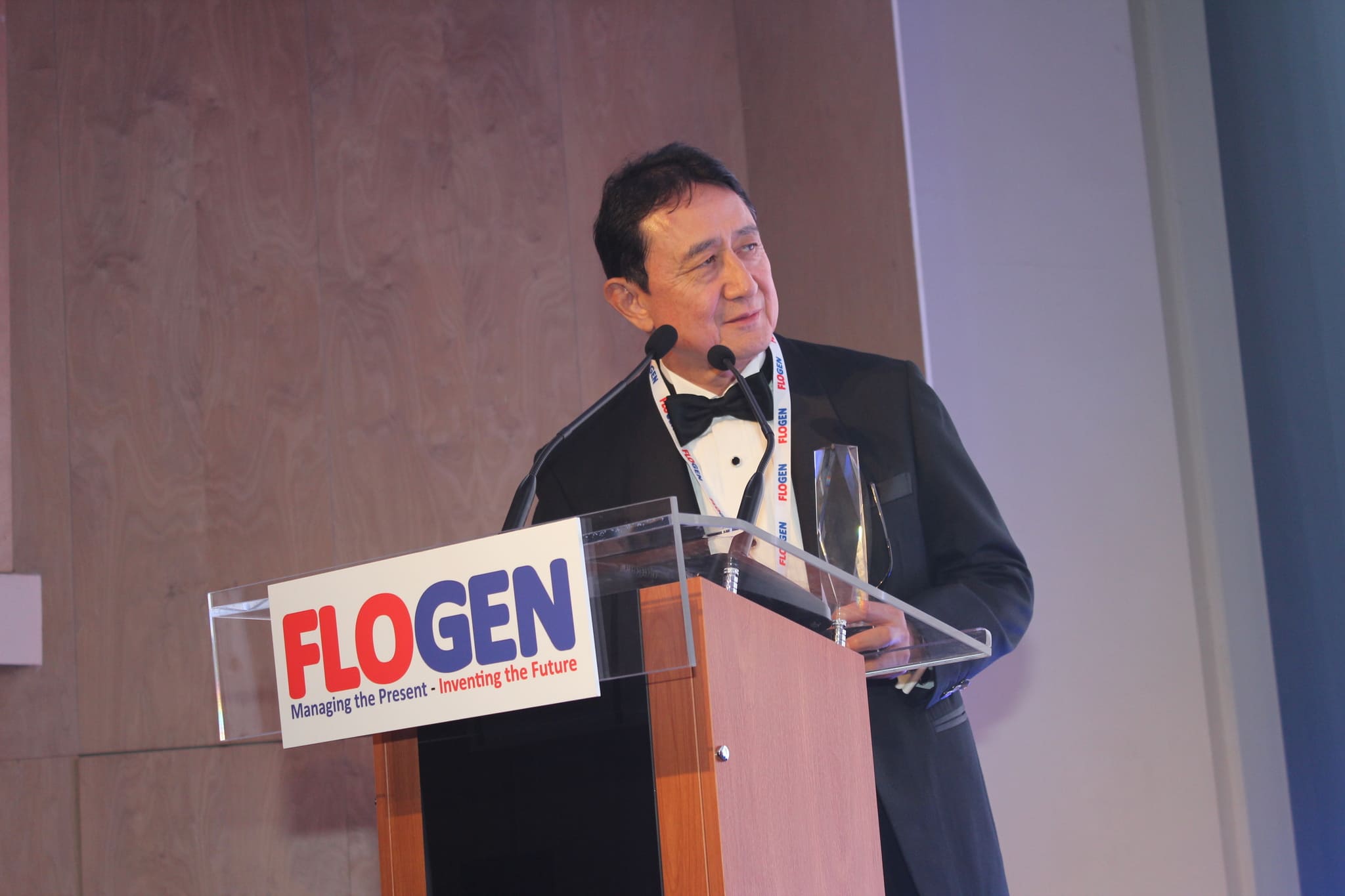
Dr. Koji Abe was born at Japan 1956. After finished Medical School of Tohoku University in 1981, he started carrier of doctor at Department of Neurology, Tohoku University Hospital. At the period of post graduate school of Tohoku University 1983-1987, he started neurological research especially on oxidative stress and stroke. He also interested various fields out of medicine., and He is also a certified sommelier through the certification examination of the Japan Sommelier Association during Associate professor, Tohoku University 1995-1998. He was appointed professor at 1998 Department Neurology, Okayama University. Professor Koji Abe has been publishing more than 850 papers on stroke, cerebral blood flow and metabolism, and neurodegenerative diseases. His research interests cover many important fields of neurology especially in the mechanism of ischemic brain damage, gene and stem cell therapy, neuroprotection, and neuroimaging. He was the past president of the International Society of Cerebral Blood Flow and Metabolism (CBFM), and organized World CBFM meeting in Osaka in 2007 and Japan Neurology Meeting, where more than 8,000 neurologists come join in Okayama City in 2020. He also served Presidents of both Vas-Cog Japan and Vas-Cog Asia societies. He is now Head of National Center Hospital of Neurology and Psychiatry (NCNP) in Tokyo, and managing many national projects for neurology and psychiatry and for basic neurosciences and clinical studies.
He has been at the forefront of acute stroke treatment and has been involved in clinical and research work, including the development of brain protection therapy using the antioxidant edaravone, which is now used around the world. Brain Protection Therapy is a treatment to protect brain cells from necrosis due to stroke, and has spread from Japan to Europe, China, Korea, and the United States. It was the first in the world to be covered by insurance for the treatment of amyotrophic lateral sclerosis (ALS) as well as stroke. He also found a Japanese family lineage in which an ROS-scavenging SOD1 gene mutation was responsible in about 20% of familial ALS. In addition, he discovered SCA36 (nick name is Asidan), an autosomal dominant genetic disorder with both cerebellar ataxia and ALS clinical features. This Asidan diseases is caused by an abnormal expansion of the GGCCTG repeats located in intron 1 of the NOP56 gene. He is also the first scientist in the world to prove its effectiveness in a clinical study for dementia prevention using the antioxidant supplement Twendee X.

